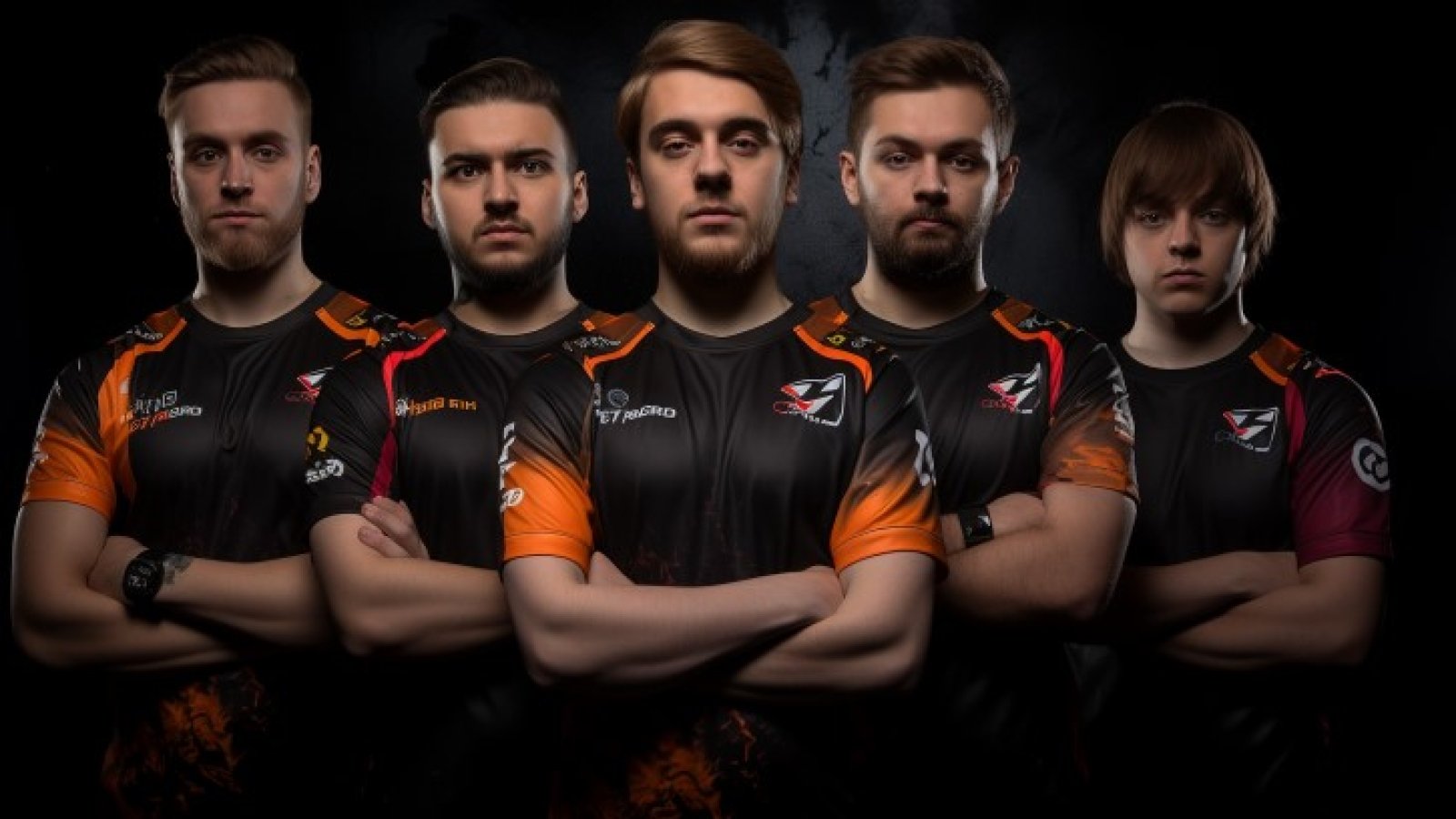Canal Mail Corp: Your Hub for Daily Insights
Explore the latest news, tips, and trends across various topics.
Why Your Next MVP Might Just Be the CS2 Support Role
Discover why the CS2 support role could be the game-changing MVP for your team. Unlock success with strategic insights and expert tips!
The Unsung Hero: How the CS2 Support Role Can Elevate Your Team's Performance
In the competitive landscape of gaming, support players often get overshadowed by their more flamboyant counterparts. However, the role of support in CS2 is crucial for a team's success. A skilled support player not only provides utility but also enhances the overall team strategy, ensuring that their teammates can shine. By effectively using utility items like smoke grenades and flashes, support players can create opportunities for their team to advance safely. They can also provide vital information through effective communication, enabling a more tactical approach to each round.
The impact of a strong support role in CS2 can be likened to that of an unsung hero, quietly orchestrating victories from the shadows. This role requires an understanding of game mechanics and an ability to predict enemy movements. Support players must be capable of executing strategies that not only protect their team but also disrupt the opponents. By prioritizing team objectives over personal accolades, support players can significantly elevate their team's performance, proving that sometimes, the greatest contributions come from those who choose to play a different game.

Counter-Strike is a popular first-person shooter game known for its competitive gameplay and team-based mechanics. Players often seek strategies to enhance their experience, including how to mute people in CS2 to minimize distractions from unwanted communication.
Why Support Roles in CS2 Are Key to Crafting a Winning MVP
In the dynamic world of CS2, crafting a winning MVP (Minimum Viable Product) requires more than just skilled developers. The integration of support roles plays a pivotal part in the development process. These support roles, which often include designers, quality assurance testers, and project managers, ensure that the MVP not only meets technical requirements but also resonates with the target audience. By leveraging their expertise, teams can gather crucial insights during the development phase, refining the product to better address user needs and market demands.
Furthermore, the collaboration between support roles and developers fosters a more cohesive workspace that enhances productivity. For instance, quality assurance testers can provide immediate feedback on functionalities, allowing developers to make necessary adjustments promptly. This synergy ultimately contributes to a smoother launch and improves user experience. Without the essential input and oversight from support roles in CS2, the path to achieving a successful MVP could be fraught with unforeseen challenges, jeopardizing the overall vision and success of the project.
Is Your Next MVP Strategy Centered Around the CS2 Support Role?
In the competitive landscape of game development, having a solid MVP (Minimum Viable Product) strategy is essential for success. As teams pivot towards more collaborative and player-focused designs, the CS2 support role emerges as a critical component of this strategy. By prioritizing the contributions of support players, developers can create a well-rounded gameplay experience that not only meets but exceeds player expectations. This approach not only enhances game mechanics but also promotes a community-oriented environment where players feel valued and engaged.
The key to an effective MVP strategy lies in understanding the unique strengths offered by the CS2 support role. These players are often the backbone of any team, providing essential resources and strategic advantages. By focusing on their skills during the development stage, teams can refine gameplay elements that encourage teamwork and strategic depth. Consider implementing feedback loops with support players to continuously iterate and enhance game features, ensuring that your MVP resonates with your target audience and stands out in the market.